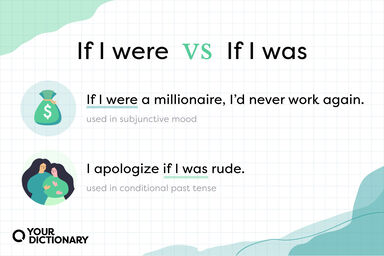I Definition
(computing) The ASCII control character horizontal tab in caret notation.
Eye dialect spelling of hi.
Origin of I
-
From Middle English I, ik (also ich), from Old English ih, ic (“I”), from Proto-Germanic *ik, *ek (“I”), from Proto-Indo-European *éǵh₂ (“I”). Cognate with Scots I, ik, A (“I”), West Frisian ik (“I”), Dutch ik (“I”), Low German ik (“I”), German ich (“I”), Bavarian I (“I”), Danish jeg (“I”), Norwegian jeg, eg (“I”), Norwegian I (“I”) (dialectal), Swedish jag (“I”), Icelandic ég, eg (“I”), Latin ego (“I”), Ancient Greek ἐγώ (ego), Russian я (ja, “I”), Lithuanian aš (“I”). See also ich.
From Wiktionary
-
From Latin -ī, the plural ending of the Latin second declension, whence the plural of Italian nouns in -o and -e.
From Wiktionary
Middle English from Old French from Latin stem vowel of nouns and adjectives used in combination
From American Heritage Dictionary of the English Language, 5th Edition
-
From the Arabic nisba suffix ـي (-ī, -iyy). In English productive from the 19th century.
From Wiktionary
-
Old French i, from Latin ī, from Etruscan I (i).
From Wiktionary
-
Middle English from Old English ic eg in Indo-European roots
From American Heritage Dictionary of the English Language, 5th Edition
-
From Wiktionary
-
From Old English ic.
From Wiktionary





